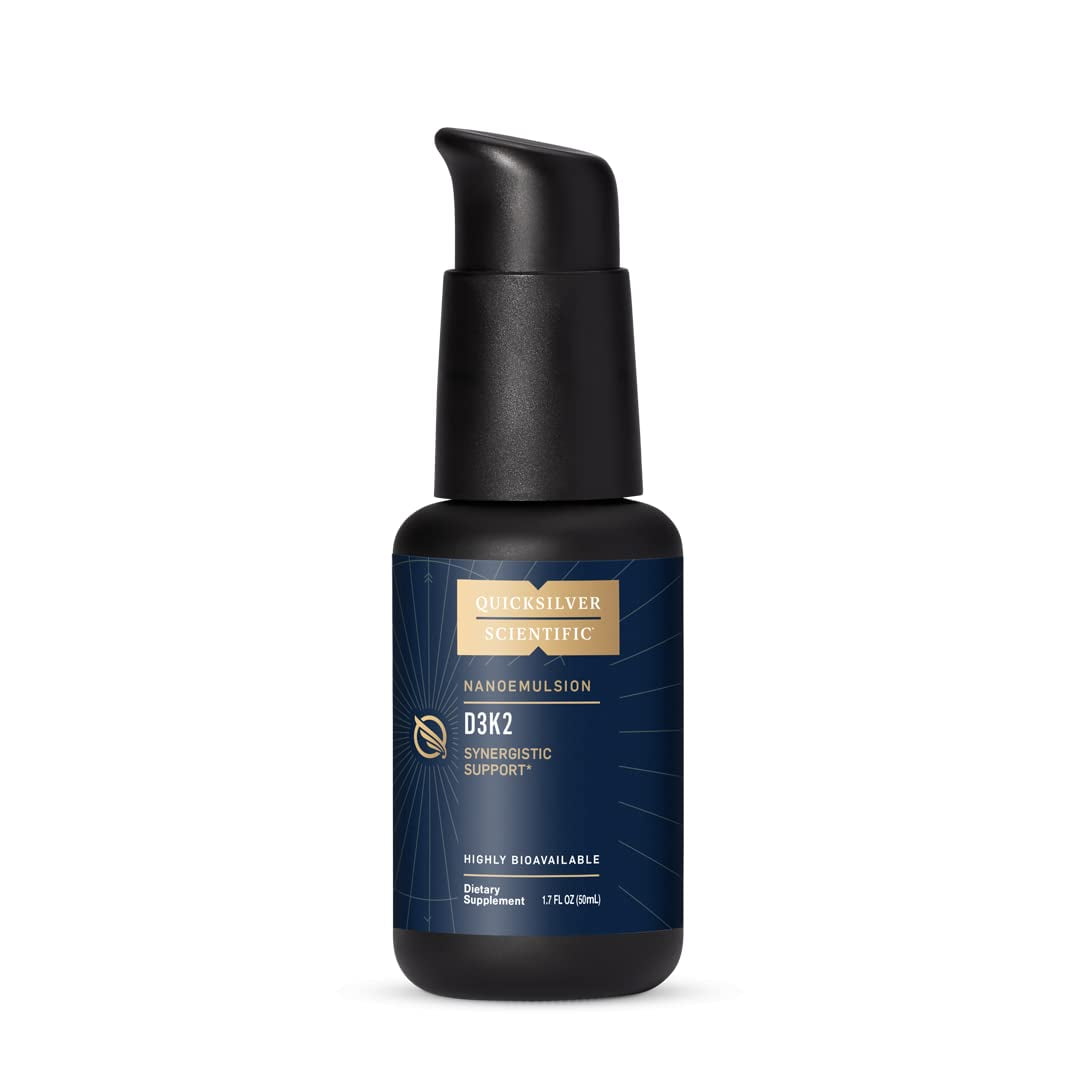

When selecting the top vitamin K supplements, our dietitian interviewed other registered dietitians who are well-versed in vitamin K supplements and considered the form, dose, any third-party or in-house purity and potency testing, and price. The two most commonly talked about and researched are MK-4 and MK-7. There are several menaquinones which are designated by a number (four to 13) that indicates the number of side changes in the chemical structure of the vitamin. There are two types of vitamin K-phylloquinone (K1) and menaquinones (K2). Vitamin K supplementation, besides fixing a deficiency, is also being explored as a way to increase bone density and heart health, but more research is needed. Vitamin K works together with vitamin D and calcium in the body to maintain balance at all stages of life, so really anyone can benefit from this vitamin,” says Barmmer. “One of the main signs or ways to know you may be deficient in vitamin K is bruising.

Vitamin K deficiency is rare however, some people, including those who eat a limited diet or have malabsorptive disorders, may benefit from a supplement. “Vitamin K plays many important roles in our body and assists in blood clotting, bone and cardiac health,” says Ayla Barmmer, MS, RD, founder of FullWell. Gut bacteria also produce some vitamin K in the large intestine. Vitamin K is an essential nutrient found in leafy greens and other fruits and vegetables as well as in some animal foods and natto, a fermented soy product.


 0 kommentar(er)
0 kommentar(er)
